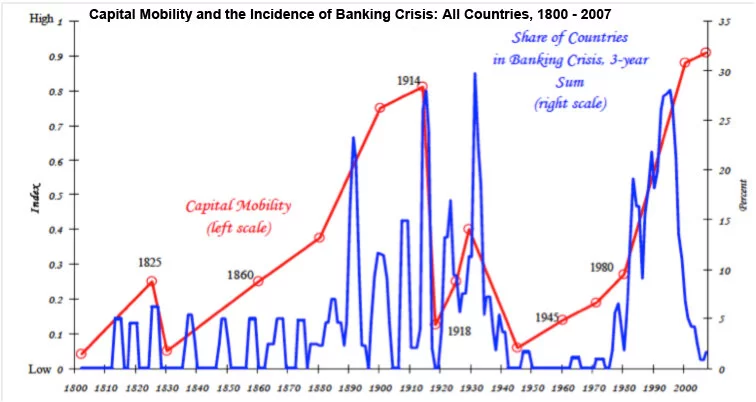......We elect MPs, not parties even though our personal motive might be due to party affliation or the leader of said party ......
That is not true, although it's often claimed to be the working theory. In my observation the vast majority of the population votes based on either; party ideology, perception of party performance (past/anticipated) or preference for the party leader. And of course the parties encourage this for all they're worth.
As I said, voter motivation might be leader or party, but if that is what we were voting for floor crossing wouldn't be possible. Floor crossing is possible, therefore we are not voting for leader or party even if that is our intention. The only power a voter has is to choose their representative, not the party or leader. If people understood that better we might get better local candidates.
Our system is designed to allow MPs the freedom to sit as independents or join a different party.


